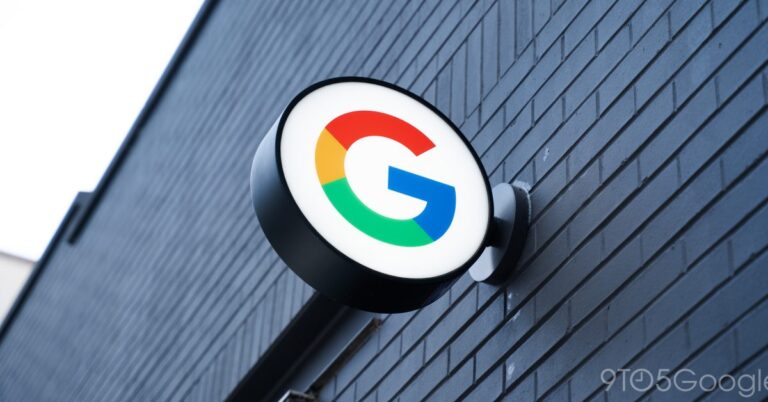As ChatGPT took the world by storm in recent months, it’s also since come out that major publication CNET has been publishing articles written by AI. Apparently, Google Search won’t be penalizing that content.
Speaking to Futurism, Google Search public liaison Danny Sullivan said that Google Search is not particularly focused on “how the content is produced” when asked about how Search would treat these AI-generated articles. Sullivan explained:
Our goal for Search is to show helpful, relevant content that’s created for people, rather than to attain search engine rankings. Our ranking team focuses on the usefulness of content, rather than how the content is produced. This allows us to create solutions that aim to reduce all types of unhelpful content in Search, whether it’s produced by humans or through automated processes.
Google announced a change last year to how it ranks pages, called the “helpful content update.” That change attempted to better surface content that was created by experts and “by people, for people,” rather than surfacing search-engine-optimized content that had no goal of actually informing users but instead was just written to capture page views from Search.
Sullivan’s statement regarding “how the content is produced” goes against Google’s sentiment from last year, or at least leaves room for AI content that’s still considered “useful” where Google’s original announcement seemed to imply the opposite. But still, it’s unclear where the line for “useful” content lies when that content is generated by AI.
And the effect of this clarification may be more and more AI-generated content flooding Google Search.
In response to Sullivan’s statement, Futurism notes that “SEO spammers” are thrilled at the notion that AI-generated content may not be penalized in Google Search. One post from “BlackHatWorld,” a search engine optimization platform known for illicit services among other bad practices, said that it was “time to pump out content at ultra-high speed,” while another said that “now is the time to maximize this pivotal moment that will cut down on cost with writers.” Yet another said that “in short they are saying, ‘we are not capable [of] distinguish[ing] between AI content and manual content and hence we are accepting it as [a] way of life.’”
AI-generated content is nothing new, of course. The Associated Press has been using AI to fill the gaps in some areas of coverage for the better part of a decade, but as Futurism and others have pointed out, CNET’s use of the technology is more advanced. Flaws have already been seen with CNET’s system, though, including a major correction that surfaced just a few days ago.
While CNET fixed those issues and said it will continue to do so with its use of AI, the “SEO spammers” that are so excited by Google’s apparent attitude toward AI content surely don’t have the same level of integrity.
Notably, CNET has apparently since paused publishing AI content.
More on Google Search:
FTC: We use income earning auto affiliate links. More.
Check out 9to5Google on YouTube for more news:


